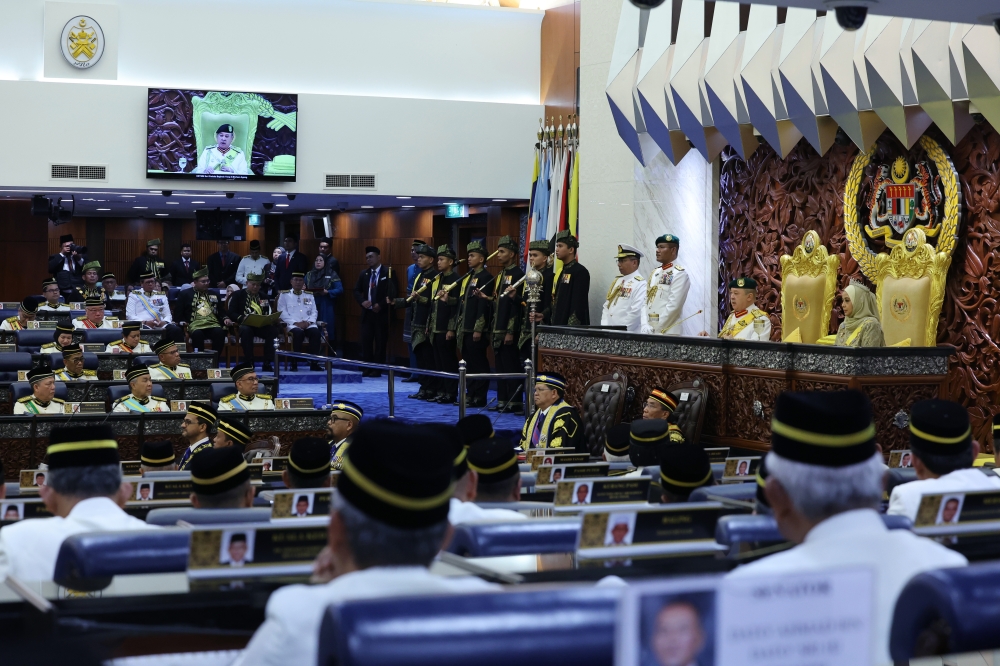JUNE 9 — Two years ago, in “Anti-party hopping law can be simple”, I shared with readers the thoughts of senior lawyer Philip Koh Tong Ngee, who was Adjunct Professor at the Faculty of Law, Universiti Malaya (April 2021 – April 2024), on anti–hopping law.
According to the learned senior lawyer, any constitutional amendment ought to be, first and foremost, simple and concise. A single new constitutional provision should be passed: “The seat of a Member of Parliament shall become vacant when he ceases to be a member of, or resigns or is expelled from the political party for which that member contested in the election.”
The above takes leaf from Article 46(2)(b) of the Singapore Constitution which is similarly worded – that is, the “seat of a Member of Parliament shall become vacant if he ceases to be a member of, or is expelled or resigns from, the political party for which he stood in the election.”

The law in Singapore is simple and is provided for by the highest law of the land. It has been the law since 1963 when the island state left Malaysia.
Our law however, as contained in Article 49A(1) of the Federal Constitution, mandates the Speaker to establish that an MP’s seat has become vacant. This is further made subject to the Speaker receiving a written notice from any MP of a vacancy among the MPs.
It is therefore for the Speaker to establish a vacancy of a seat subject to him receiving written notice. To establish is to ascertain the truth of a vacancy.
The above appears to take leaf from Clause 6(1) of the Tenth Schedule of the Indian Constitution (provisions on disqualification of MP on ground of defection) which says as follows:
“If any question arises as to whether a member of a House has become subject to disqualification under this Schedule, the question shall be referred for the decision of the Chairman or, as the case may be, the Speaker of such House and his decision shall be final.”
The above has been said to give wide and absolute power to the Chairman or the Speaker of the House in deciding the cases pertaining to disqualification of members on the ground of defection.
When the Speaker remains a member of the party which nominated him for the post, it is difficult to expect that the Speaker will act impartially in cases pertaining to his political party.
Accordingly, a committee on electoral reforms and the Indian Electoral Commission have recommended that the power to decide on the issue of disqualification under the Tenth Schedule should be given to the President or the Governor of the State, who shall act on the advice of the Election Commission.
No amendments though have been made to give effect to the recommendations.
Our anti-hopping law could have been simple and concise, but our parliamentarians, in all their wisdom, chose otherwise.
* This is the personal opinion of the writer and does not necessarily represent the views of Malay Mail.





















